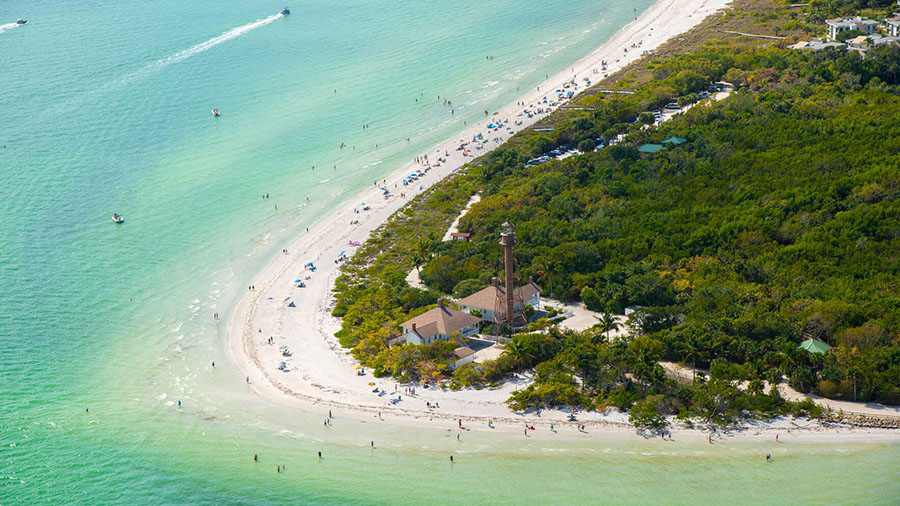Welcoming Trisha Botty as New Executive Director
Community advocate steps up to fight for clean water and protection of our waterways
The Calusa Waterkeeper Board of Directors is pleased to welcome Trisha Botty as our new Executive Director. Botty brings a wealth of advocacy, government, and nonprofit experience to the organization.
“We welcome Trisha’s dynamic leadership and advocacy in our fight for drinkable, fishable, swimmable water in our region,” said Jim Watkins, Calusa Waterkeeper president. “We’re excited about her vision to grow the organization’s reach and capacity as we look to expand our staff and leadership team.”
Botty most recently served as Head of Social Impact and Connectivity (Grantmaking Lead) at Collaboratory (Southwest Florida Community Foundation) in Fort Myers. Her extensive professional background includes positions in government, philanthropy, organized labor, and nonprofits in the D.C. metro area, New York, and Southwest Florida.
In the News
Algae Found Floating in Cape Coral Canals
John Cassani says there were multiple factors leading to the green algae. These include rain, water movement and warm water temperature. But the dominant force is runoff. “It’s a sign of nutrient enrichment. To see it proliferate to that degree means too much fertilizer in the water," he said. Watch Now
|
|
Sugar Lawsuit Causes Concern Among Environmental Groups
“Corporate sugar isn’t the only bad actor here,” Cassani said. “The legislators do whatever they can to keep the status quo. You can hardly blame the corporate industry for taking advantage of these bought-out politicians. You pay to play and the sugar industry has paid.”
|
|
Water Treatment Component for Caloosahatchee Reservoir
Waterkeeper John Cassani and others wanted the state to build a series of wetlands or find a more natural way to help water quality in the reservoir. For years there has been a concern that algae could grow in the reservoir, which would make it unfit to release back into the Caloosahatchee River. Read More
|
|
Life Sometimes Finds a Way
One recent August day, a wandering ecologist named John Cassani found himself bumping up onto Mound Key Archaeological State Park in the middle of the Estero Bay Aquatic Preserve. There, the Calusa Indians once discarded their seashells in vast quantities, with intent.
|
|
Floridians Have the Right to Know if Public Waters they Recreate in are Safe from Contamination
Fecal bacteria, and the pathogens they are indicators of, can sicken swimmers and others who use public waters for recreation or who eat raw shellfish or fish.
Current Florida Department of Health (FDOH) policy at the county level is inconsistent. The only waters routinely monitored are the coastal beaches. It’s rare when signage warning of fecal bacteria is implemented, often at the discretion of local politicians who have no training in public health.
Calusa Waterkeeper would recommend new policy for FDOH that requires caution signs at public access points for state recreational waters, including rivers, lakes and estuaries, determined by FDEP to be verified impaired for fecal bacteria.
|
|
|
|
Calusa Waterkeeper members will have access to an advanced online screening of our new documentary film exploring water contaminants such as algal toxins and their impact on public health. Hear from scientific experts and policy makers on how Florida's water quality policies are failing to reduce the occurrence of HABs and protect public health.
|
|
|
|
Around the Watershed
This year's Real Estate Investment Society of SWFL annual symposium focused on water quality and the implication for real estate and economic development
|
|
Cape Coral canals are being taken over by pond lillies. So much so that some residents can't even use their boats.
|
|
Red tide may be a more difficult problem to mitigate than blue-green algae, but we should not be giving up.
|
|
Results for CWK fecal bacteria (enterococci group) monitoring on 8/21.
|
|
A significant bloom occurring in Charlotte Harbor and Karenia brevis, also known as red tide may be the culprit.
Photos courtesy of Ralph Arwood 9/10/21
|
|
A biased approach to managing Lake Okeechobee by our state legislators is a big part of the reason there is such a desperate need to do Everglades restoration.
|
|
Let's call the whole thing off: Clean Water Act permitting should return to Feds
Florida assuming federal wetlands permitting is shaping up to be the disaster many predicted. Another scheme enabled by the legislature owned by the special interests. Continue Reading
|
|
|
|
CALUSA WATERKEEPER MISSION
To Protect and Restore the Caloosahatchee River from Lake Okeechobee to the Coastal Waters.
Phone: (941) 479-2560
Pollution Hotline: (239) 444-8584
Email: info@CalusaWaterkeeper.org
Calusa Waterkeeper
PO Box 1165
Fort Myers, FL 33902
|
|
|
|
_1.png)

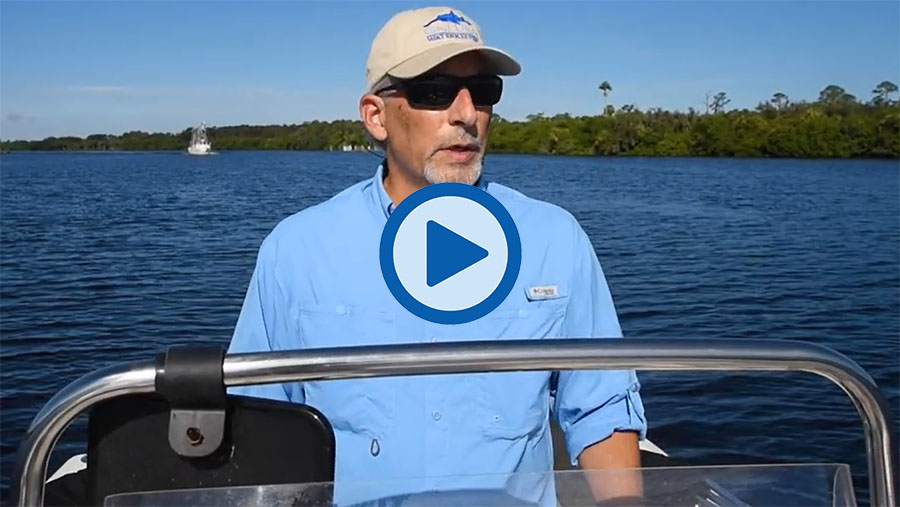
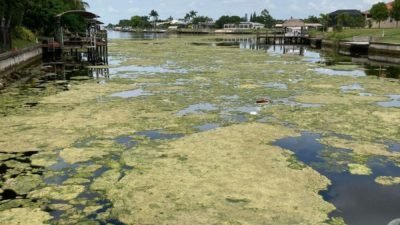
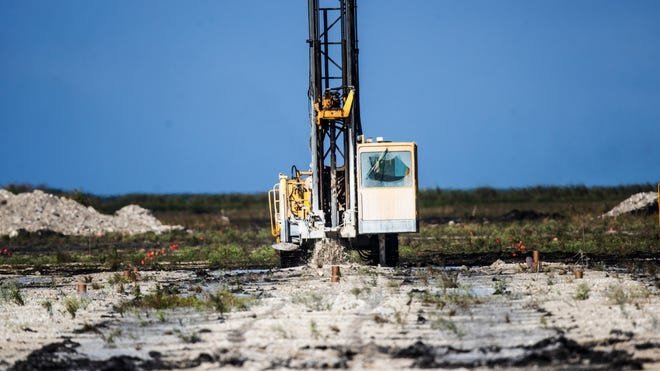
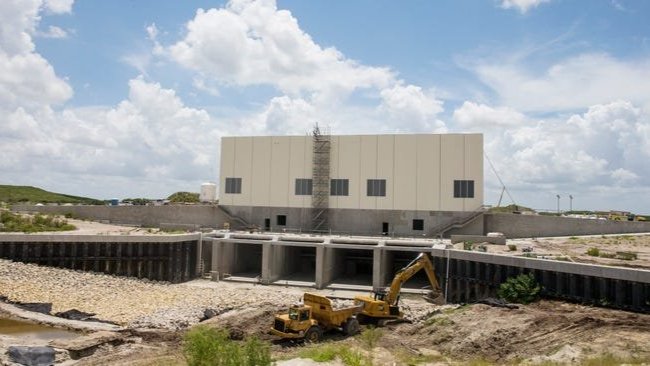
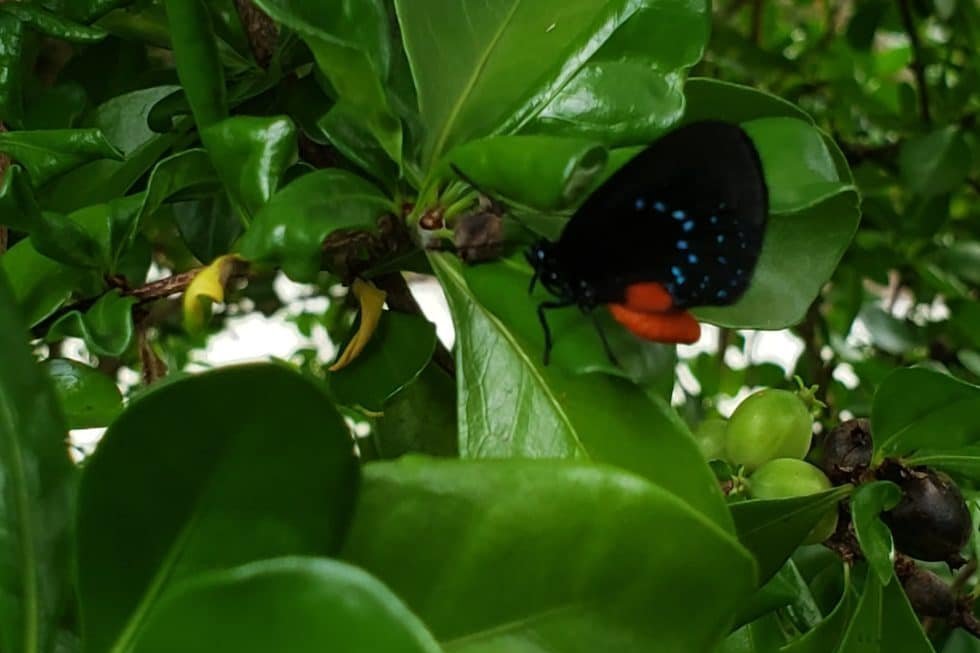
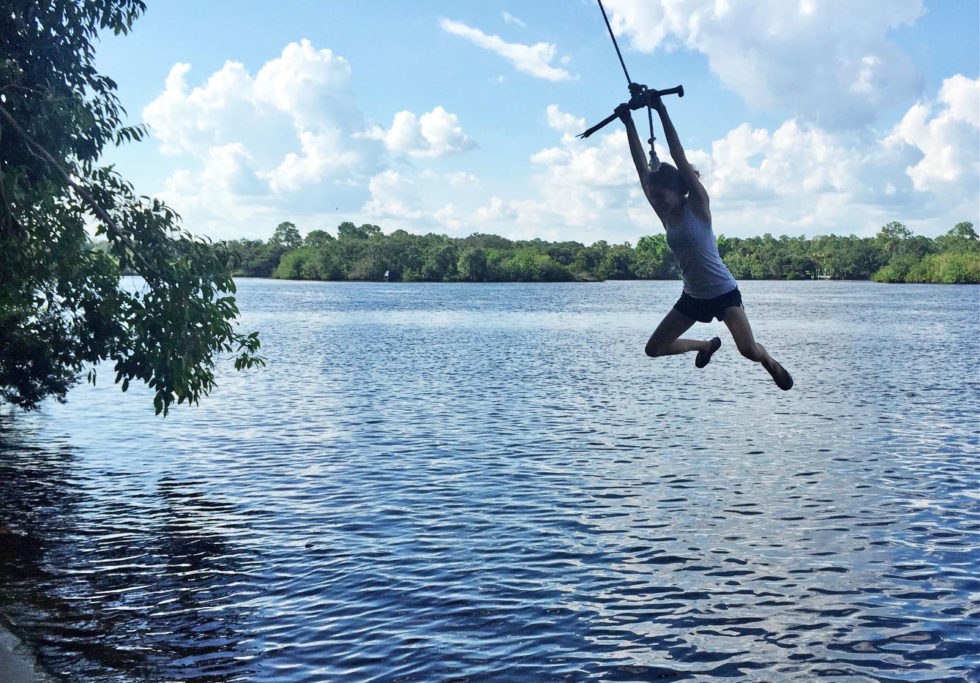
_5.jpg)
.jpg)
.jpg)
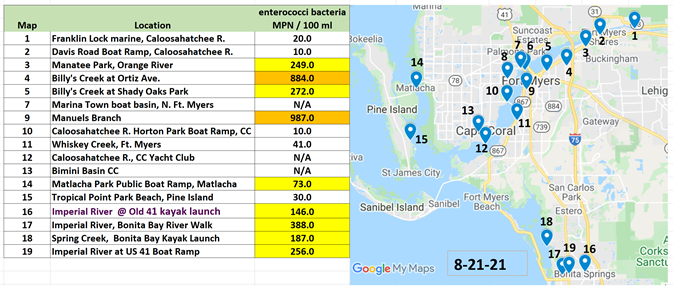
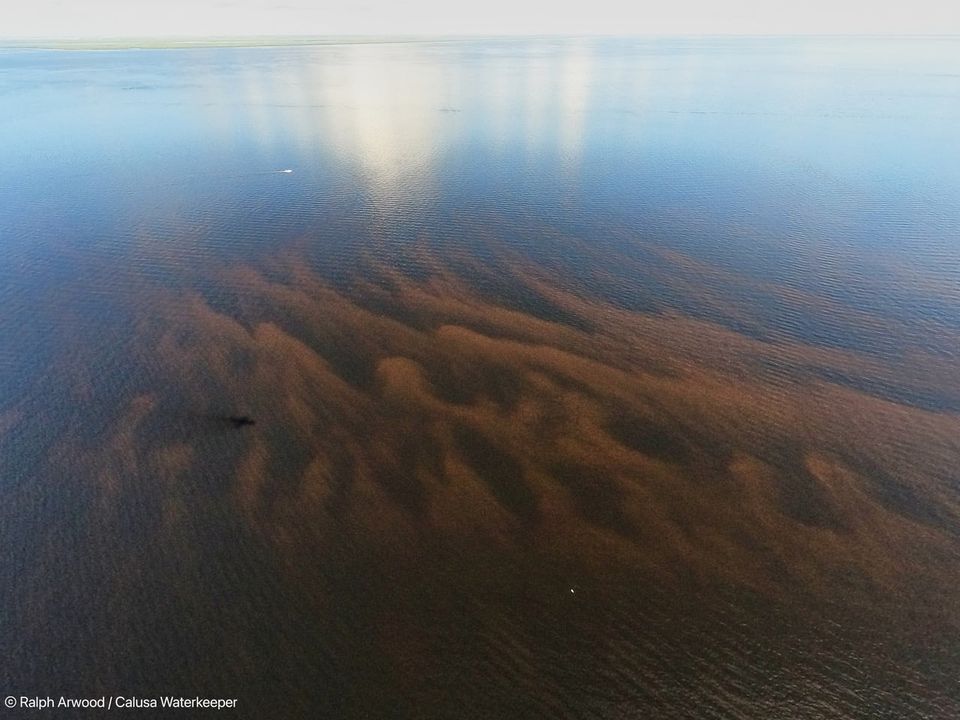
.jpg)
.jpg)
